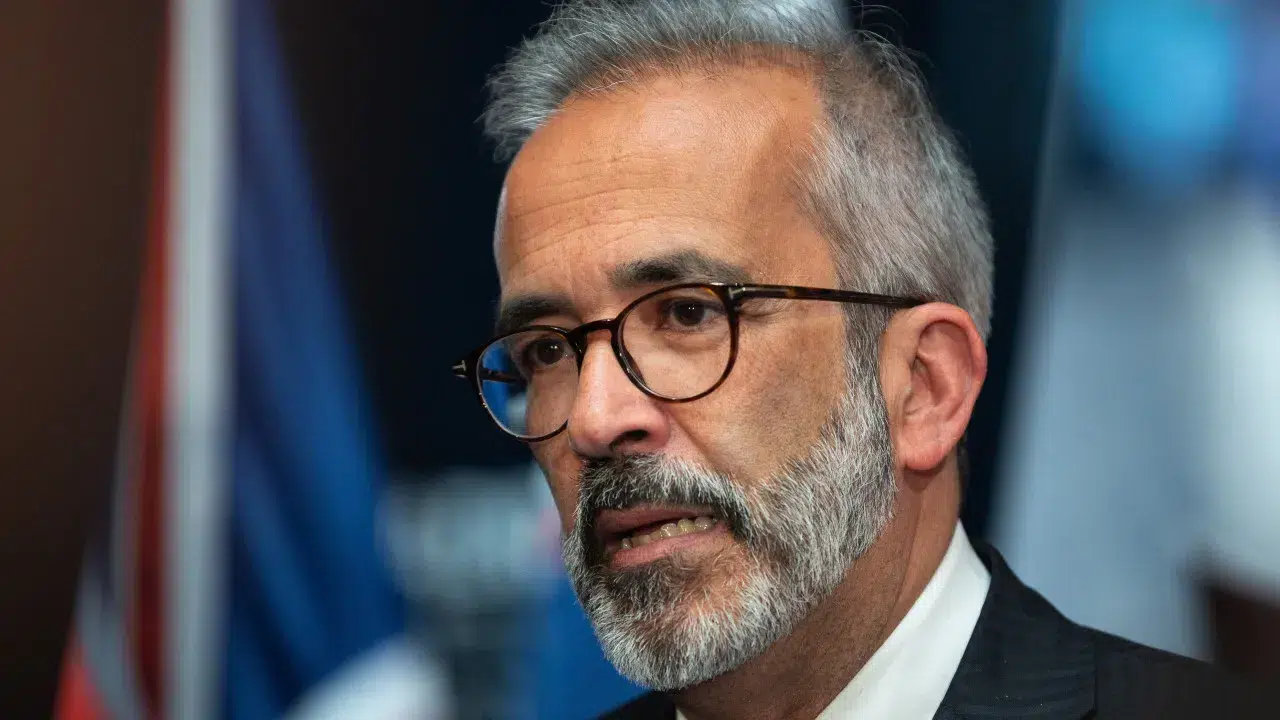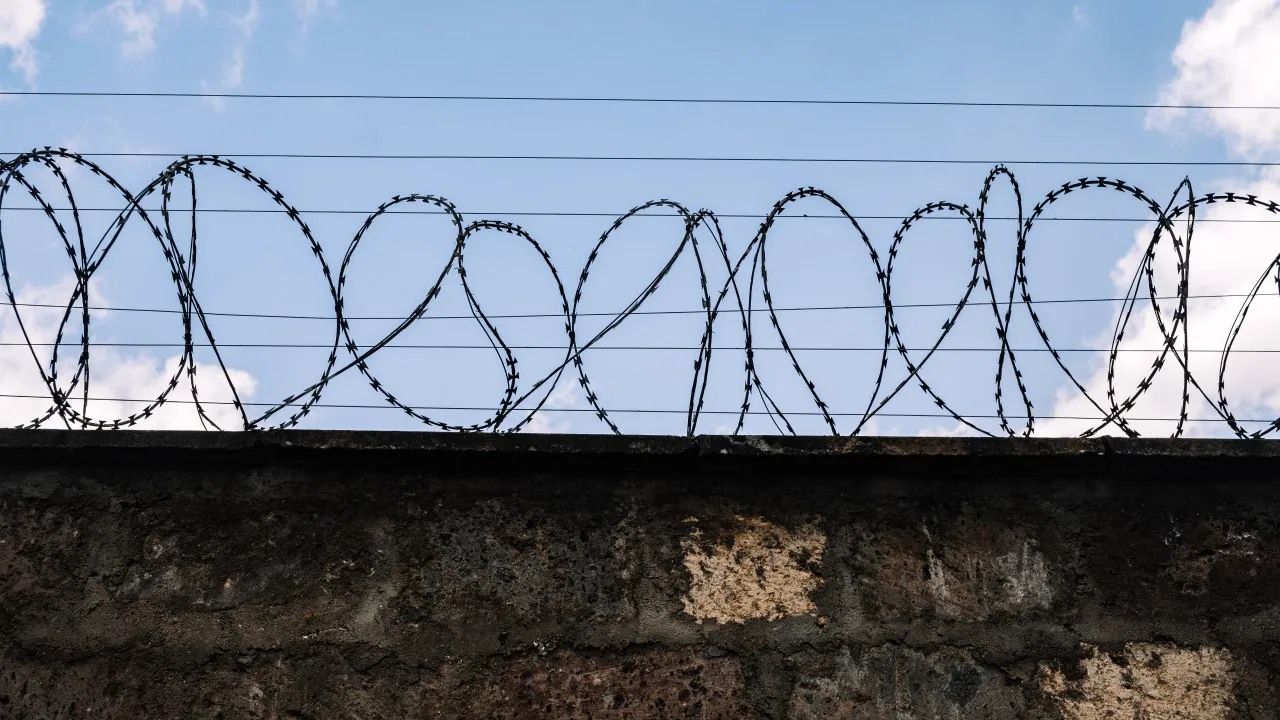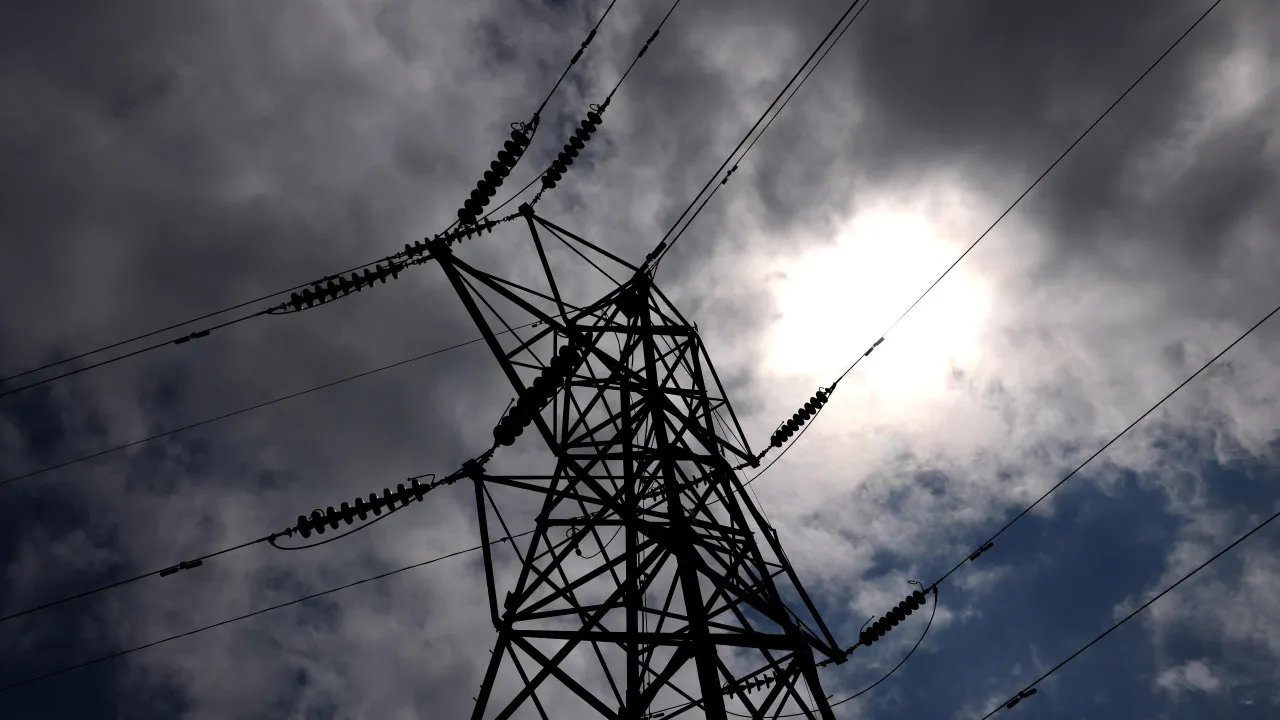
At the conclusion of a debate in the Permanent Commission of the Assembleia da República, marking the end of the current legislative session, Maria da Graça Carvalho stated that the government collected the “maximum amount of information” regarding Monday’s blackout from the onset. She explained her absence from media appearances by stating she was “working.”
“I was responsible for five critical areas: electricity, water, basic sanitation, fuels, and gas. Between 11:33 a.m. on the 28th and 11:30 a.m. on Tuesday, I was in continuous coordination with REN, E-Redes, water companies, and various other entities to ensure the full restoration of electrical power and the minimization of disturbances to other essential services,” she said, responding to critiques from Socialist deputy Pedro Vaz.
Pedro Vaz had accused the government of being “without energy,” claiming that State structures, civil society, and citizens had to step in “where they should have,” also critiquing that the ministers for the Environment and Energy, Internal Administration, and Modernization and Youth were passive observers.
The minister further assured that the government is addressing “already identified challenges” in enhancing electrical systems, with investments in modernizing transmission networks, increasing electricity storage via batteries, and strengthening “energy interconnections, particularly between the Iberian Peninsula and France.”
During party interventions, Social Democrat Salvador Malheiro acknowledged communication failures during the day but praised the government’s performance, describing it as “present, competent, and efficient.”
João Almeida of CDS-PP expressed regret that the opposition did not demonstrate “the same elevation as the citizens,” specifically criticizing the PS party, stating it is “harder to regain common sense” for them than it was for the country to restore electricity on Monday.
Praise for the executive’s performance was limited, with concerns about national security and sovereignty voiced across the political spectrum.
From Chega, Rita Matias stated that sovereignty and energy security failed, citing emergency services, SIRESP, and planning deficiencies. She asserted, “This crisis is the result of decades of mismanagement,” criticizing the energy transition as being “at the expense of system resilience.”
Rodrigo Saraiva of IL focused his remarks on security, advocating for the need for a “legal concept of national security” and emphasized the importance of recognizing what “went wrong and the risks that existed,” despite the crisis causing no casualties.
“The country is not prepared for extreme phenomena,” stated Mariana Mortágua of BE, referencing the impacts of climate change and emphasizing the need to ensure that strategic national sectors, like REN – Redes Energéticas Nacionais, remain independent of foreign operators.
Similarly, Communist member Paula Santos argued that public control of the energy system is the only way to ensure a “cohesive, coherent, and effective system and the structural response to guarantee energy security and sovereignty.”
Paulo Muacho of Livre primarily criticized Chega’s perspective, arguing that “trying to return to fossil energy sources would be a regression,” and stated that this situation should be seen as an opportunity to discuss the energy transition.
Inês de Sousa Real of PAN called on the government to ensure that infrastructure is adapted to extreme climate events and advocated for a review of legislation.




